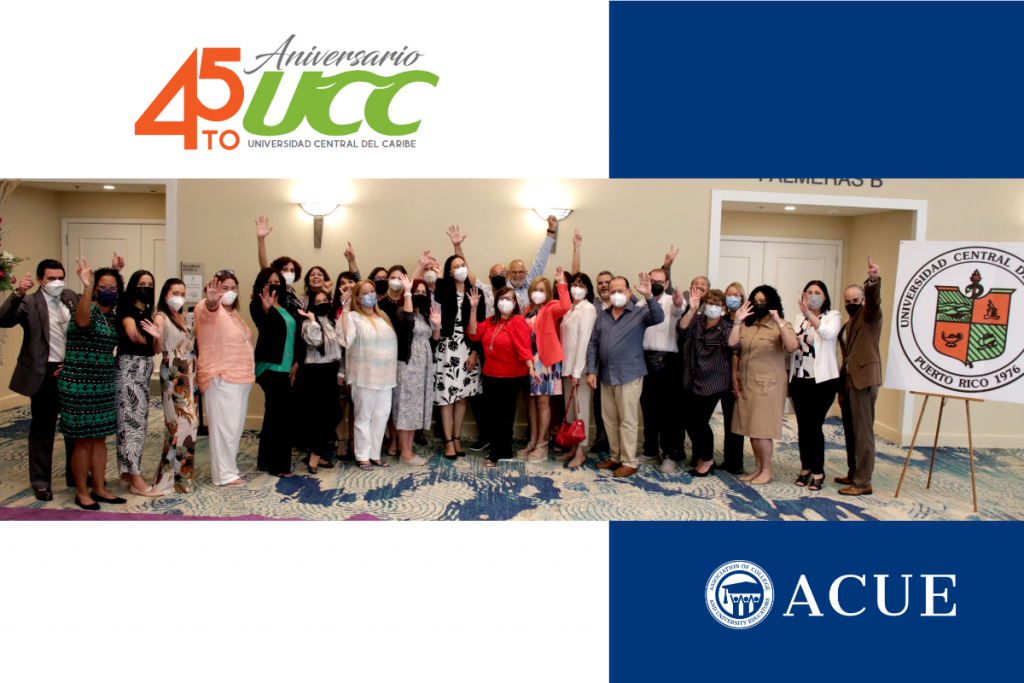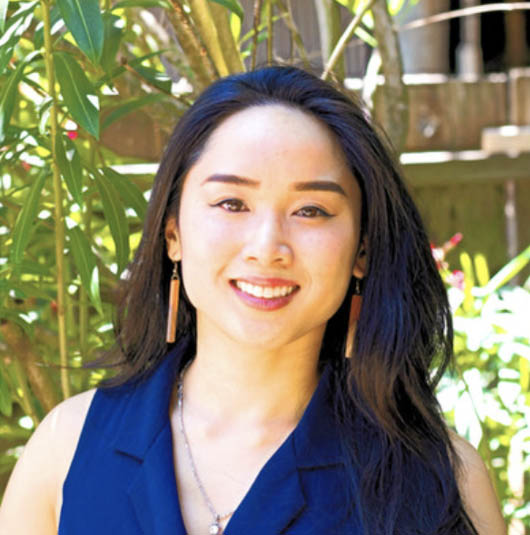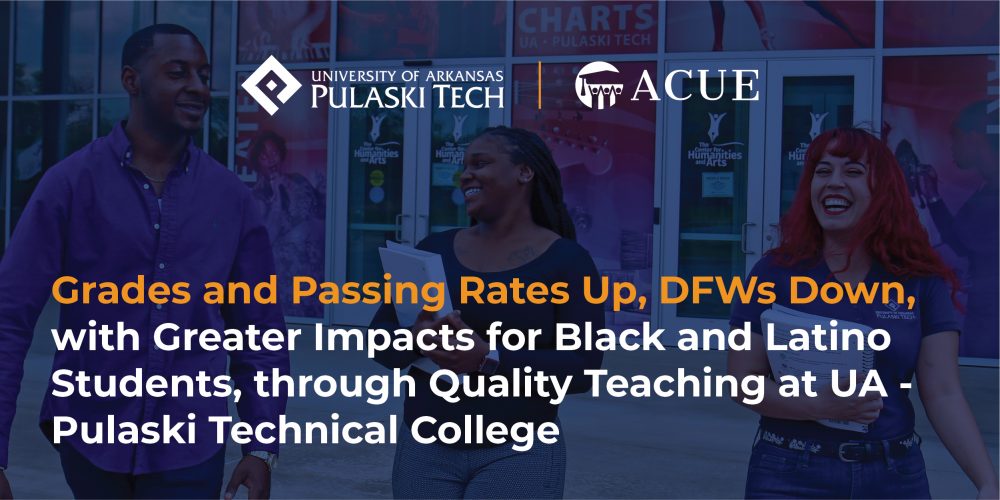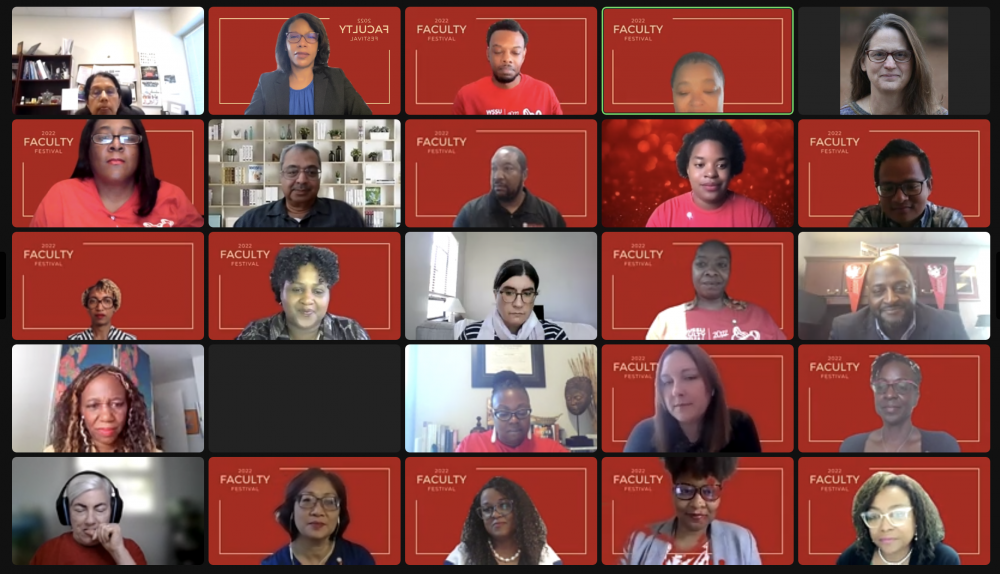In Puerto Rico, Faculty at the Universidad Central del Caribe Earn ACUE Certificates

When Waleska Crespo Rivera was appointed president of the Universidad Central del Caribe in 2018, she sought to focus on promoting the quality of UCC’s educational programs. As UCC’s first private medical school to be incorporated under the laws of the Commonwealth of Puerto Rico, UCC has evolved into a health-sciences university with fully accredited academic programs in Medicine, […]
The ACUE Effect: Invest in Effective Teaching, Expect Student Success
Why I’m Joining ACUE
Faculty Reflection: The Importance of Preparing an Effective Syllabus

A syllabus is a critical component of every class, providing students with key information and expectations. However, an overloaded syllabus can be intimidating or overwhelming, which is what licensed educational psychologist and nationally certified school psychologist May Nguyen learned while taking ACUE’s “Preparing an Effective Syllabus” module.
Meet the Leaders Changing Higher Ed
New Study: Student Success and Equity at UA–PTC
Stronger, More Equitable Achievement at UA – Pulaski Technical College through Quality Teaching

What kind of impact can a campus-wide investment in quality teaching have on student success? Today, students at the University of Arkansas – Pulaski Technical College (UA-PTC), are significantly benefiting from the two-year technical college’s all-out focus on quality instruction, according to new research published by ACUE and UA-PTC. Using rigorous methods to isolate the […]
What does your ACUE pin mean to you?
Winston-Salem State University Celebrates “Excellence in Online Instruction”

In this essay, Barbara Rodriguez, Ph.D. shares reflections on ACUE’s partnership with Winston-Salem State University, which is part of the “Excellence in Online Instruction” Initiative, supported by The Thurgood Marshall College Fund. Who says you can’t feel energy and excitement in a Zoom room? As part of Winston-Salem State University‘s annual Faculty Festival, more than […]
